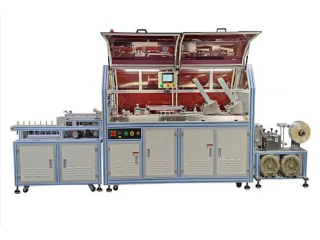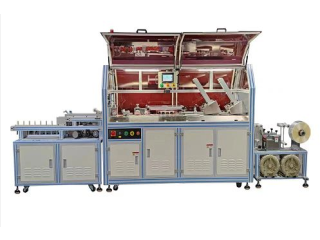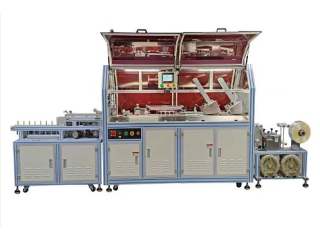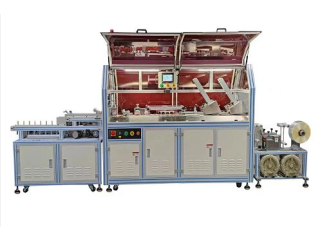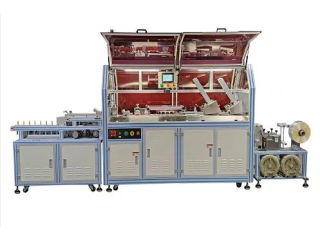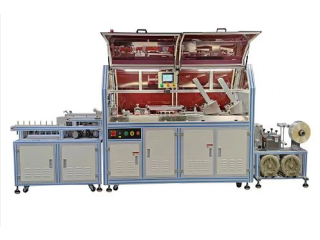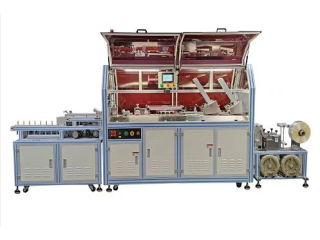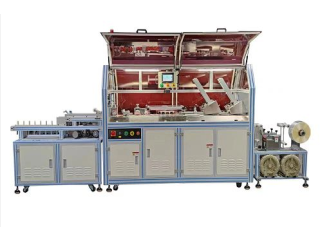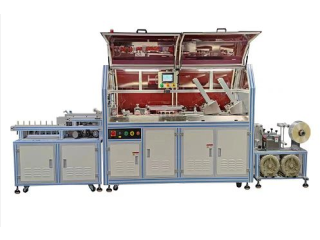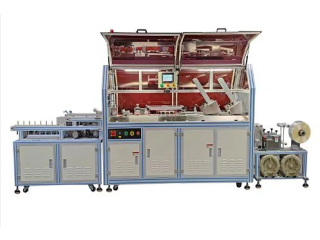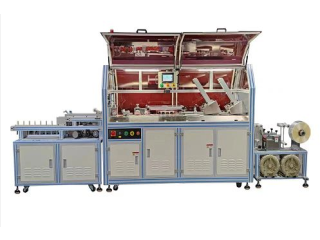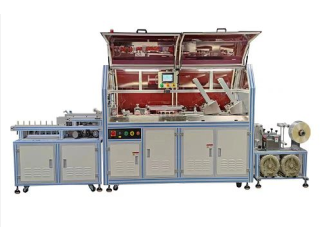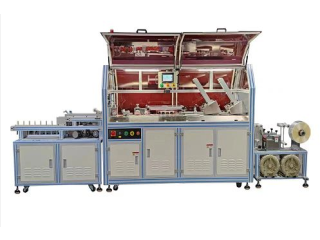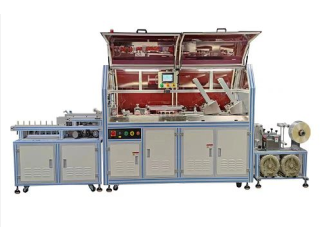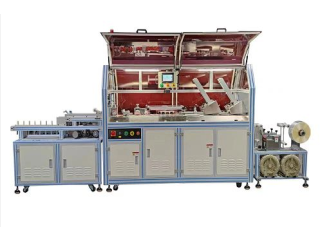Benefits of Feeding Birds through Feeders
Jul 13th, 2022 at 09:19 Automobiles Battagram 287 viewsBenefits of Feeding Birds through Feeders
Birds are amongst the best creation of God and feeding these small creatures not only has great significance in Hinduism but is also considered a noble act.
Usually, people provide bird’s food and water through specially designed containers called Bird Feeders which are easily available in the market or on online stores. You can even make bird feeders at home (DIY) by using used plastic bottles and earthen pots.
In India, the significance of birds feeding is also associated with astrology; feeding the birds is considered a pious act, where the contributor can be benefitted from getting faster relief from disputes, court cases as well as the harmful effects of certain planets.
Advantages of feeding birds through bird feeders
1. Connects you with Mother Nature
A Hummingbird Feeder allows you to observe little birds ‘the wonders of nature’ closely and frequently and is the best way of connecting with Mother Nature and contributing to its conservation.
People who are fond of gardening can enrich their experience by installing bird feeders in their gardens and landscapes.
2. Care with Education
While you are busy with taking care of birds taking a little break from the hustle and bustle of daily life and modern-day stressors, your children looking at you learn the importance of caring for others, especially animals without any selfish reasons as homes and gardens with bird feeders attract more birds over time than those without having them installed.
3. Bird Feeders provides an Uninterrupted Supply of Food
With the ongoing decline in forest area, greener spaces and natural water bodies with abundant water supply the population of birds is at high risk. Through Hanging Bird Feeders, you provide birds a reliable source of a year-round supply of food and water.
There are stronger Garden Fences out there. Fences more precise in their dimensions, more uniform in their materials. Fences that took less time to build because they were planned out ahead of time, or even bought as an E-Z prefab kit. Mine I kind of made up as I went along.
We needed the fence because we have deer. Many deer. Also foxes, bobcats, coyotes, the occasional river rat, chipmunks, squirrels, and something that makes tracks we haven't been able to identify. I don't know how many of these animals enjoy eating vegetables, but enough that the fence was mandatory.
This is ostensibly a how-to article about fencing in your backyard vegetable garden, but even if you were to follow these steps by the number, your fence would turn out different. As it should. It's your yard, and your fence, and I learned while building this one that a fence can have personality. My yard, for example, has about a 30-degree slope in the area where my wife wanted the garden, and I wanted the fence to move with the slope. That's one way our fence developed its particular personality.
Cat Toys aren’t all fun and games for your cat; whether elaborate or simple, toys give your cat exercise, mental stimulation, a chance to act on hunting instincts, and a way to bond with you.
There are so many cat toys on the market. It can be tough to pick ones that are both safe and appealing for your kitty.
Pick Cat Toys That Are Safe
Cat toys can range from free, homemade distractions to battery-powered devices. But regardless of the price tag, safety comes first.
Cats should never have any toy that includes loose string or yarn. The papillae that give the cat’s tongue its rough texture act as tiny hooks to draw the string or yarn into the cat’s throat.
Once ingested, string or yarn can lead to serious, even deadly, problems in the digestive tract.
Tidy Cats is helping you get back to the litter basics. Whether you’re a first-time cat owner or just need a little refresher on best practices, here’s a simple list of the litter to-do’s and not-to-do’s.
Scoop waste daily. Cats prefer a clean area to do their business (and we can’t blame them!) So if you’re using clumping litter, scoop and toss clumps every day.
Clean Cat Litter Boxes regularly. Wash the litter box monthly with water and mild detergent and refill with fresh litter. It’s all about keeping things TIDY.
Refill the litter box with fresh litter about 3-4 inches deep for clumping litter. This ensures enough litter to cover their waste if they prefer to do so and allows enough depth to form tight clumps. (Non-clumping litter should be filled to about 2-3 inches).
Have enough boxes for each cat to have their own, plus one. (So, 1 cat = 2 boxes. 2 cats = 3 boxes. It just goes up from there, you get it!)


